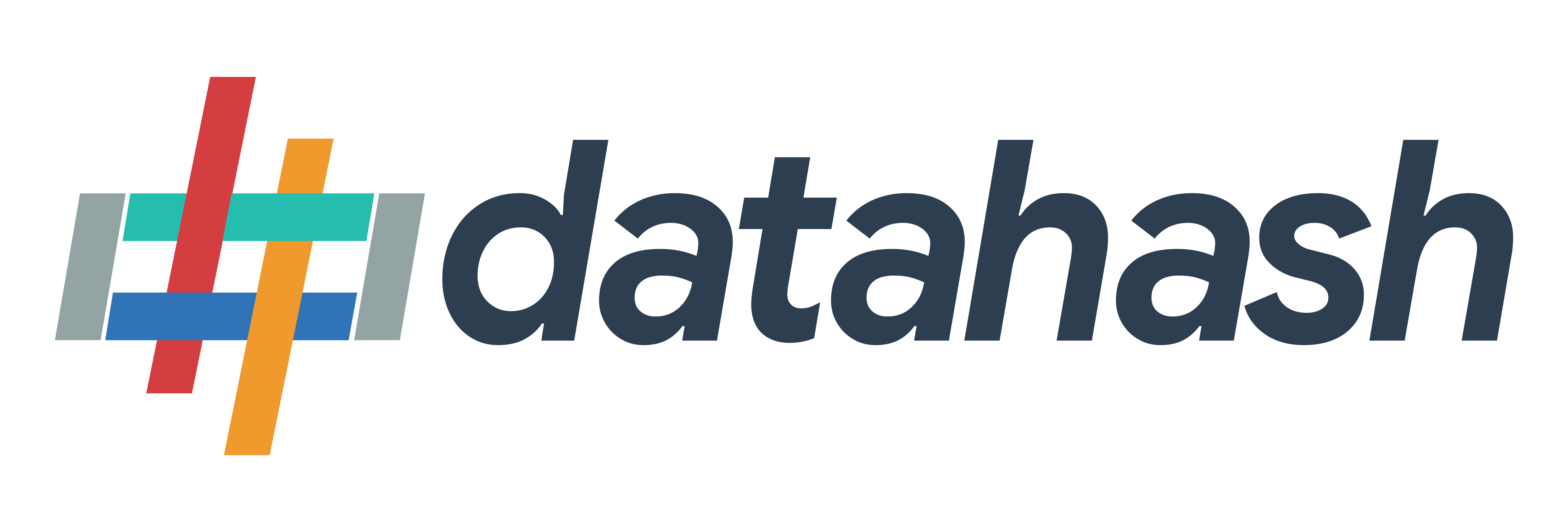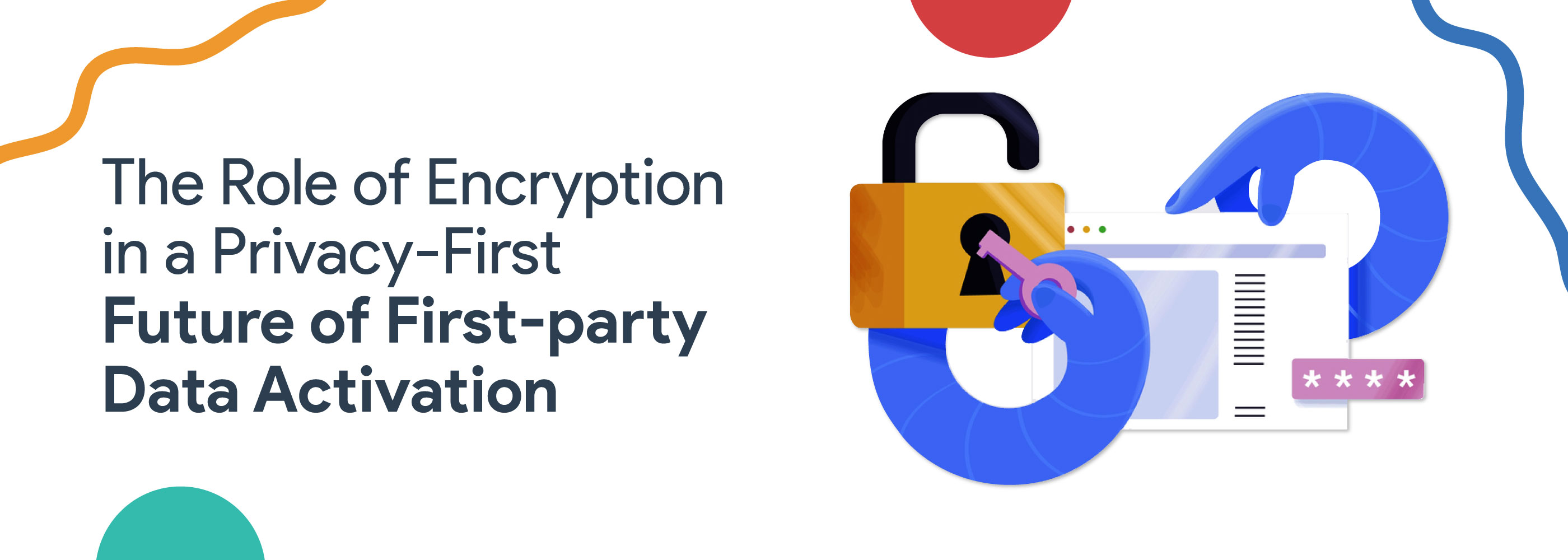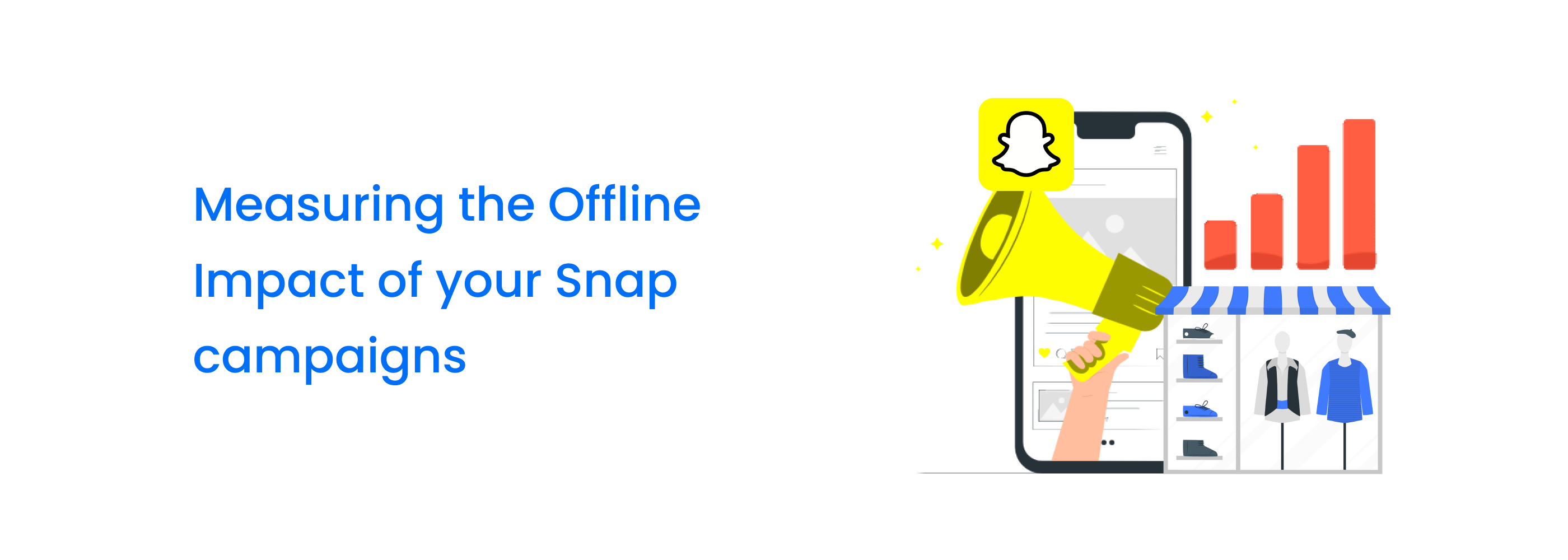The Role of Encryption in a Privacy-First Future of First-party Data Activation
Encryption plays a crucial role in first-party data activation as it provides a secure way to transmit and store sensitive information. By using encryption, organizations can ensure authorized parties have access to their data and prevent unauthorized access or manipulation of that data.
Information in this case is highly valuable and needs to be protected from cyber-attacks and data breaches, as well as from unauthorized access by third-party advertisers. Encryption is typically achieved through the use of encryption algorithms, which use complex mathematical functions to convert plain text into an unreadable format, known as cipher-text. This cipher-text can only be decrypted using a secret key, known only to the authorized parties. This makes it virtually impossible for anyone who intercepts the data in transit or gains access to stored data to read or use it.

One of the benefits of encryption is that it provides a high level of security without requiring any changes to the underlying data or the systems used to collect, store, and process it. This makes it an ideal solution for organizations that need to ensure the security of their data while also using it to drive business objectives, such as targeted advertising and customer engagement.
Data doesn’t flow in a vacuum
If you’ve struggled to comprehend and abide by GDPR, you know that data is tightly coupled to many systems. Data is processed, stored, copied, modified, and transferred by and between systems. At every step, the vulnerability potential increases. That’s because the systems associated with these steps are vulnerable, not because the data is.

The basic concept is simple. Stop focusing on every system individually without any knowledge of the data they carry and the links between them. The challenge with data security is that data flows almost infinitely across systems, especially in cloud-native infrastructure. In an ideal world, we should be able to follow the data and its associated risks and vulnerabilities across every system, at any time.
Working with first-party data enablers/ providers that prioritize encryption
Working with the right first-party data enabler is crucial for organizations that collect and use sensitive customer information for advertising and marketing purposes. This is because the enabler is responsible for managing and protecting the data, and the security of that data is essential for maintaining customer trust and preventing data breaches.

One of the key factors to consider when choosing a first-party data enabler is encryption capabilities. Encryption is the process of converting plain text into an unreadable format to protect it from unauthorized access or manipulation. By ensuring that the data is encrypted, organizations can ensure that only authorized parties have access to it and that it remains confidential.

Working with a first-party data enabler that has strong encryption capabilities is important because it provides several benefits:
Data security: Encryption protects the data from cyber-attacks and unauthorized access, reducing the risk of data breaches and protecting customer information.
Privacy protection: Encryption also ensures the privacy of individual users, as it makes it more difficult for third parties to identify specific individuals and their online activities.
Compliance: Encryption can also help organizations meet regulatory requirements for data privacy and security, such as the General Data Protection Regulation (GDPR) and the California Consumer Privacy Act (CCPA).
Brand reputation: Protecting customer data and ensuring privacy is increasingly important for maintaining a positive brand reputation. Working with a first-party data enabler that prioritizes encryption can help organizations demonstrate their commitment to privacy and security.
It is important to choose a first-party data enabler that not only provides encryption capabilities but also has a proven track record of providing secure data management services. Organizations should look for enablers that have invested in security measures, such as two-factor authentication and encrypted storage solutions, to ensure the protection of their customer data. By choosing an enabler that prioritizes encryption, organizations can ensure the security and privacy of their customer data, meet regulatory requirements, and maintain a positive brand reputation.














